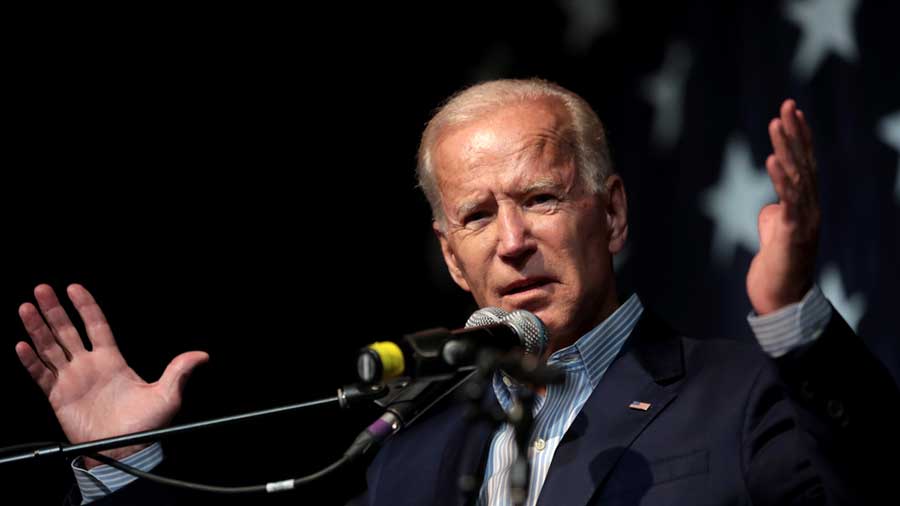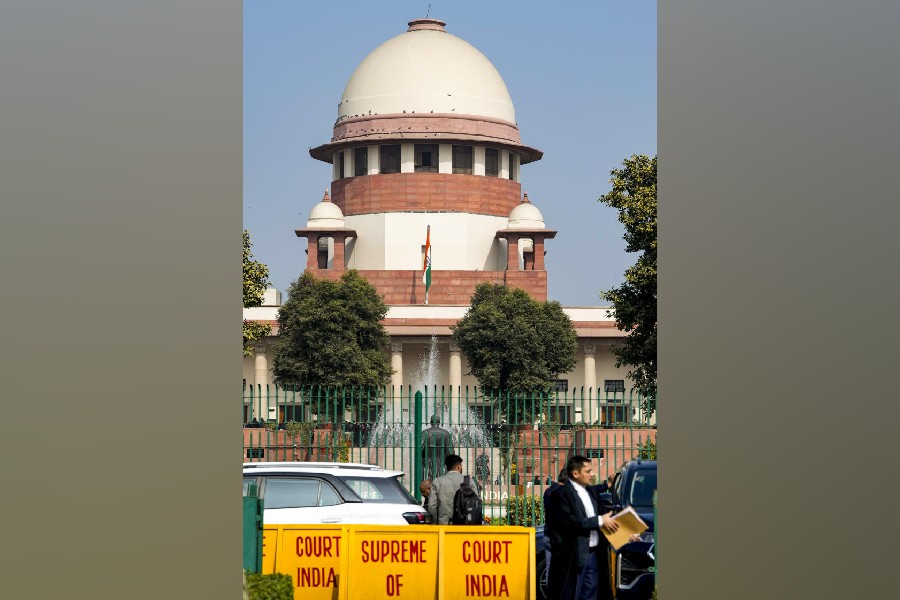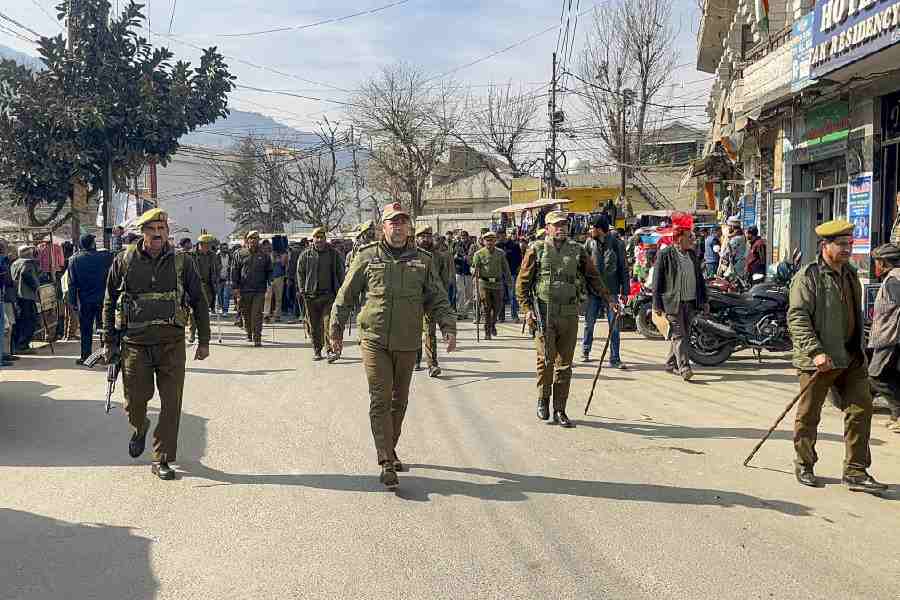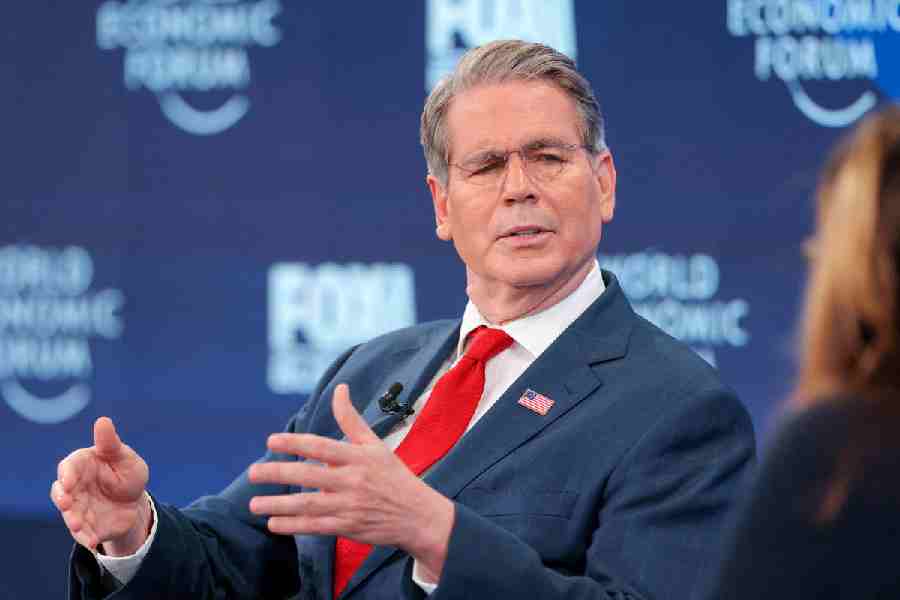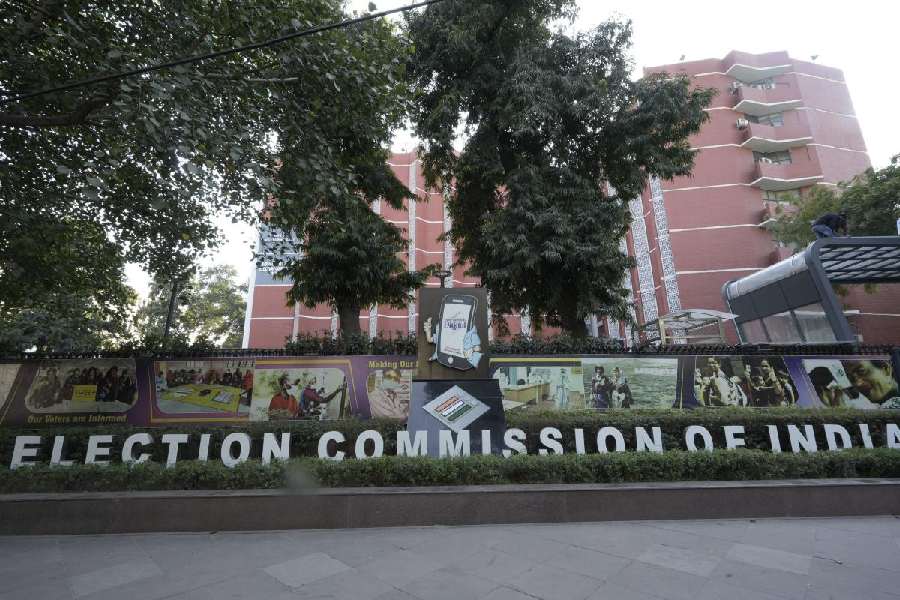September 11 is a solemn occasion for the United States of America. Tragedy of an unprecedented scale had shaken the US and, along with it, the world on that date nearly 20 years ago. The symbolism of the announcement by the US president, Joe Biden, that his country would complete the withdrawal of almost all American troops from war-ravaged Afghanistan by September 11 this year would thus not be lost. It would, once again, be a solemn occasion. Having spent two trillion dollars and lost over 2,000 men, the US departs from Afghanistan without achieving substantial peace. The policy of withdrawal, ironically, is one of the rare points of convergence between Mr Biden and his predecessor: the Donald Trump administration had agreed that the troops would leave by May. Domestic political compulsions and Mr Biden’s firm belief in minimal commitment of American personnel to Afghanistan may have been instrumental in the decision. The external implications, however, are likely to be substantial. Of immediate concern would be the fate of the current Afghan government. With the US on its way out, the present dispensation would find it difficult to maintain its tenuous grip on the provincial capitals. What is even more ominous is the refusal of the Taliban — the power in ascendancy, once again — to participate in the peace talks scheduled to take place in Turkey. The stakeholders must elicit a positive response from the Taliban; else, more blood would be spilled as the Taliban begin to mop up remnants of the present government to consolidate its hold after the US pull-out.
The choices for New Delhi are equally stark. Given the history of fractious ties between New Delhi and the Taliban and Islamabad’s patronage of the regime, India must work out ways of neutralizing possible threats to its borders. But this does not mean that New Delhi should limit its outreach. What it lacks in terms of smooth diplomacy with the Taliban can be compensated, to an extent, by the long history of goodwill that binds the two nations. New Delhi must also engage with Russia and China — both have substantial strategic interests in the region — so as not to find itself in a lonely corner in the western part of the neighbourhood. Above all, the vacuum that is being created with the departure of the US’s military machine must be filled with forces that are not inimical to the peace, prosperity and stability of Afghanistan and its neighbours.


